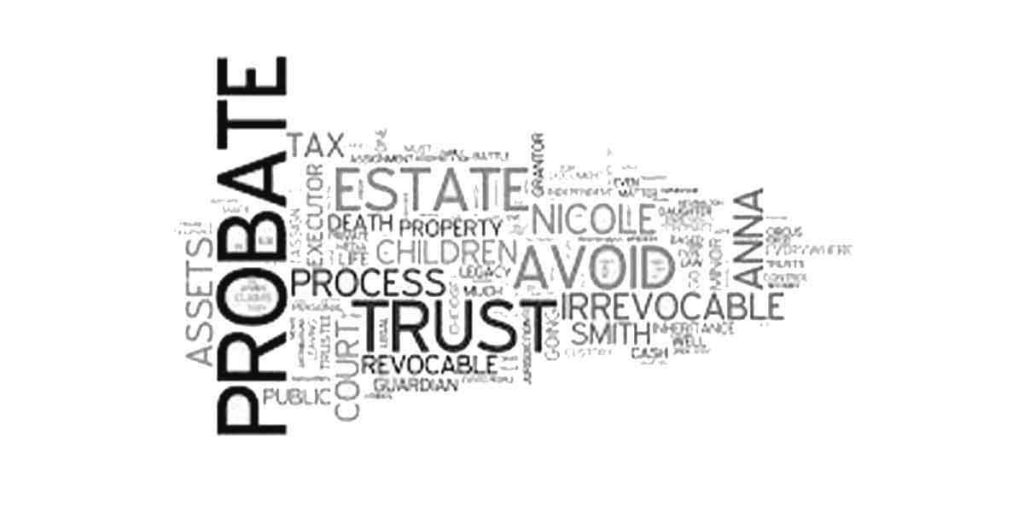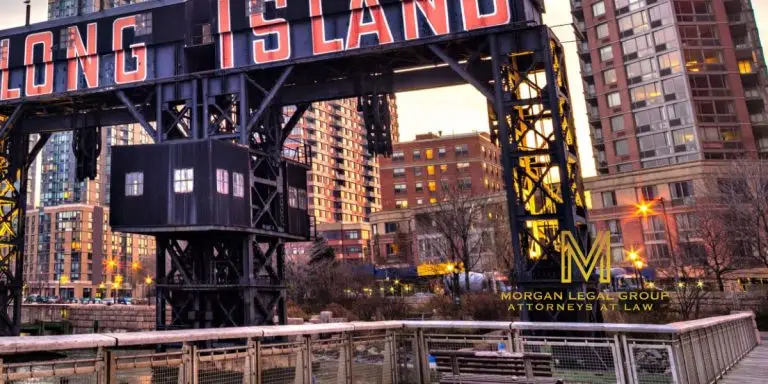How is Your Mortgage Handled During Probate in New York?
When someone passes away, one of the many legal issues that must be resolved is the management of their estate. This process is known as probate, and it can involve various financial considerations, including handling any outstanding mortgage debt. In New York, probate law outlines specific steps and responsibilities for managing a deceased person’s mortgage, and executors and heirs need to understand how the mortgage will be treated during this time.
In this article, we will explore the process of handling a mortgage during probate, the role of the executor, the rights and responsibilities of the heirs, and what options exist to address the mortgage debt. Whether you are an executor of an estate or a beneficiary, it is crucial to understand these legal nuances to ensure that the mortgage is handled properly.
What is Probate?
Probate is the legal process that takes place after someone dies. It involves validating the deceased person’s will, identifying their assets, paying any debts and taxes, and distributing the remaining assets to the beneficiaries. In New York, the Surrogate’s Court oversees the probate process to ensure that it is conducted according to the law. One of the key responsibilities of the executor, the person appointed to manage the estate, is to address any outstanding debts, including mortgages.
The Executor’s Role in Managing a Mortgage
During probate, the executor is responsible for managing the deceased person’s assets and debts. If there is a mortgage on the decedent’s home, the executor must ensure that the mortgage payments continue to be made. This is crucial because mortgage lenders can initiate foreclosure proceedings if payments are missed, even during the probate process.
The executor has several options for handling the mortgage:
- Continue Payments: The executor can continue making mortgage payments from the estate’s assets. If the estate has enough liquidity, this is often the simplest way to ensure the home is not at risk of foreclosure.
- Sell the Property: If the estate does not have enough liquid assets to cover the mortgage payments, the executor may opt to sell the property to pay off the mortgage. In New York, this process can take time due to the probate proceedings, but it may be necessary to preserve the estate’s value.
- Transfer to Heirs: If the deceased left the property to a specific heir, the heir can assume responsibility for the mortgage. The executor must work with the heir and the lender to ensure a smooth transfer of ownership and mortgage responsibility.
Responsibility of the Heirs
If the property is left to heirs, they inherit not only the home but also the responsibility for the mortgage. The lender will not automatically forgive the mortgage debt because the original borrower has passed away. Instead, the mortgage remains secured by the property, and the heirs must continue making the payments if they wish to keep the home.
Heirs generally have several options when inheriting a home with a mortgage:
- Keep the Home: If the heirs wish to keep the home, they will need to continue making mortgage payments. They may need to refinance the mortgage in their own name, depending on the lender’s requirements.
- Sell the Home: If the heirs do not wish to keep the property, they can sell it and use the proceeds to pay off the mortgage. Any remaining funds after paying off the mortgage and other debts would go to the heirs.
- Let the Lender Foreclose: In some cases, the heirs may decide they do not want the home or cannot afford the mortgage payments. In this scenario, they can allow the lender to foreclose on the property. However, this would result in the loss of the home and any equity in it.
What Happens if the Estate Cannot Pay the Mortgage?
In situations where the estate does not have sufficient assets to cover the mortgage payments, and the heirs do not wish to take over the property, the estate may be forced to sell the home. If the sale proceeds are enough to cover the outstanding mortgage balance, the lender will be paid off, and any remaining funds will go to the estate. However, if the sale does not generate enough to cover the mortgage, the estate may need to negotiate with the lender for a short sale.
In the case of a short sale, the lender agrees to accept less than the full mortgage balance as payment. This option can help avoid foreclosure, but it may have other financial implications for the estate. It’s important to consult with a probate attorney if this situation arises to ensure that all legal and financial aspects are properly addressed.
New York Laws on Probate and Mortgages
In New York, the probate process is governed by state law, which includes specific provisions for managing debts such as mortgages. Under New York law, the executor must pay off all valid debts, including the mortgage, before distributing assets to the beneficiaries. If the mortgage is not paid, the lender has the right to foreclose on the property, even if it was intended to be inherited by an heir.
New York’s probate laws also provide certain protections for surviving spouses. For example, the state’s “elective share” laws ensure that a surviving spouse cannot be disinherited and is entitled to a portion of the estate, which may include the family home. If the surviving spouse inherits the home, they may be able to assume the mortgage, but they will need to work with the lender to ensure the terms are acceptable.
Impact of Reverse Mortgages
If the deceased had a reverse mortgage, the situation can become more complex. Reverse mortgages allow homeowners to receive payments based on the equity in their home, but the loan becomes due upon the homeowner’s death. The executor or heirs must either repay the loan or sell the property to satisfy the debt. Failure to repay the reverse mortgage can result in foreclosure.
Preventing Issues with Mortgages in Probate
To prevent complications with a mortgage during probate, estate planning can play a key role. Creating a comprehensive estate plan that addresses outstanding debts, including mortgages, can help ensure a smooth transition for your heirs. Some options to consider include:
- Revocable Living Trust: Placing your property in a revocable living trust allows the home to bypass probate entirely, which can speed up the process and make it easier for your heirs to assume ownership and manage the mortgage.
- Life Insurance: A life insurance policy can provide the funds needed to pay off the mortgage upon your death, ensuring that your heirs are not burdened with mortgage payments.
- Joint Ownership: Adding an heir as a joint owner of the property can allow them to take over the mortgage without going through probate, but this option requires careful consideration of tax and legal implications.
Conclusion
Handling a mortgage during probate in New York requires careful planning and legal guidance. Whether you are an executor managing the estate or an heir inheriting property, understanding the options and responsibilities related to the mortgage is essential. By working with an experienced probate attorney and taking proactive steps in estate planning, you can help ensure that the mortgage is properly managed and that the property is handled according to the deceased’s wishes.







